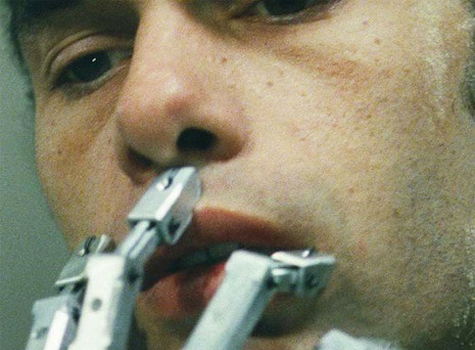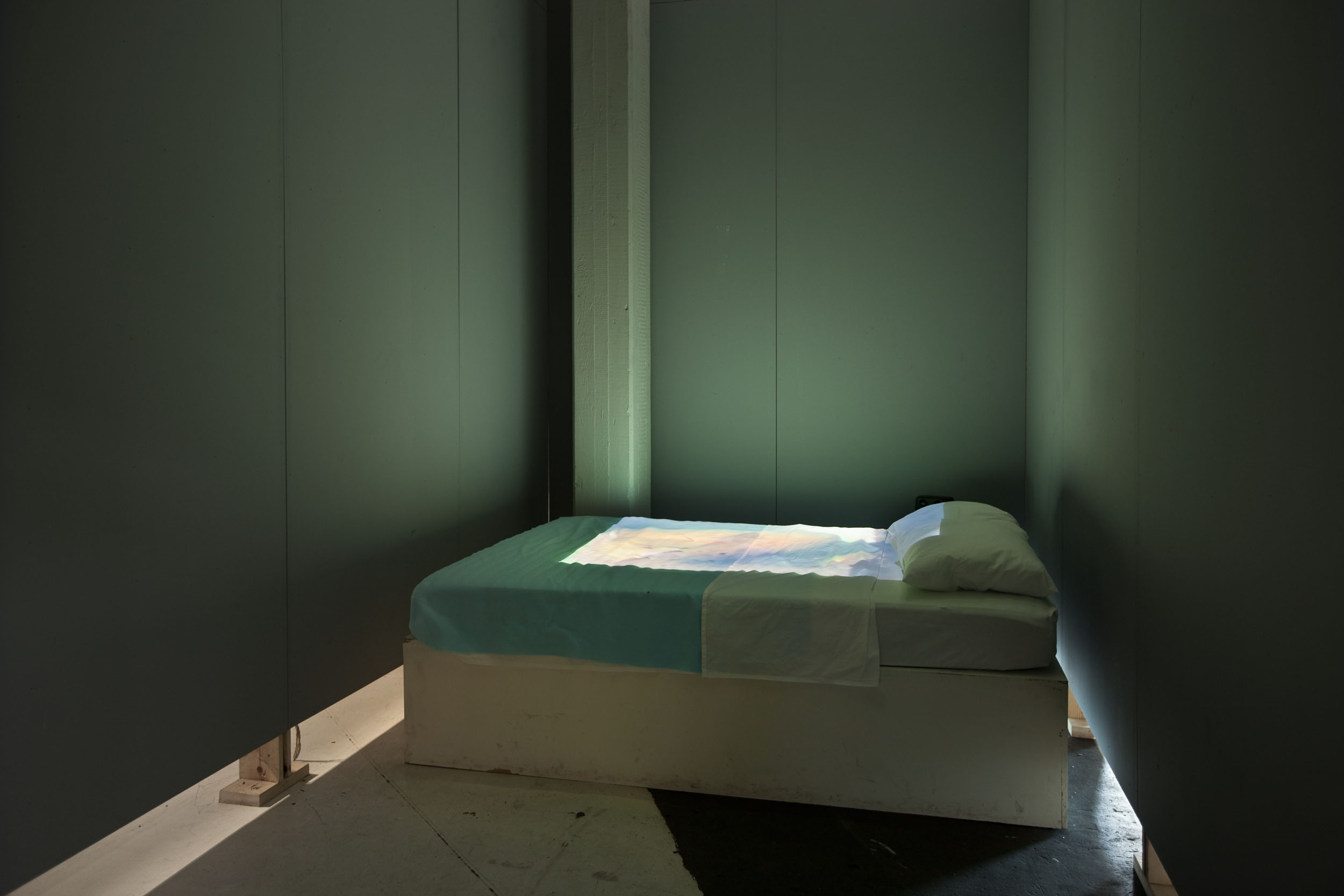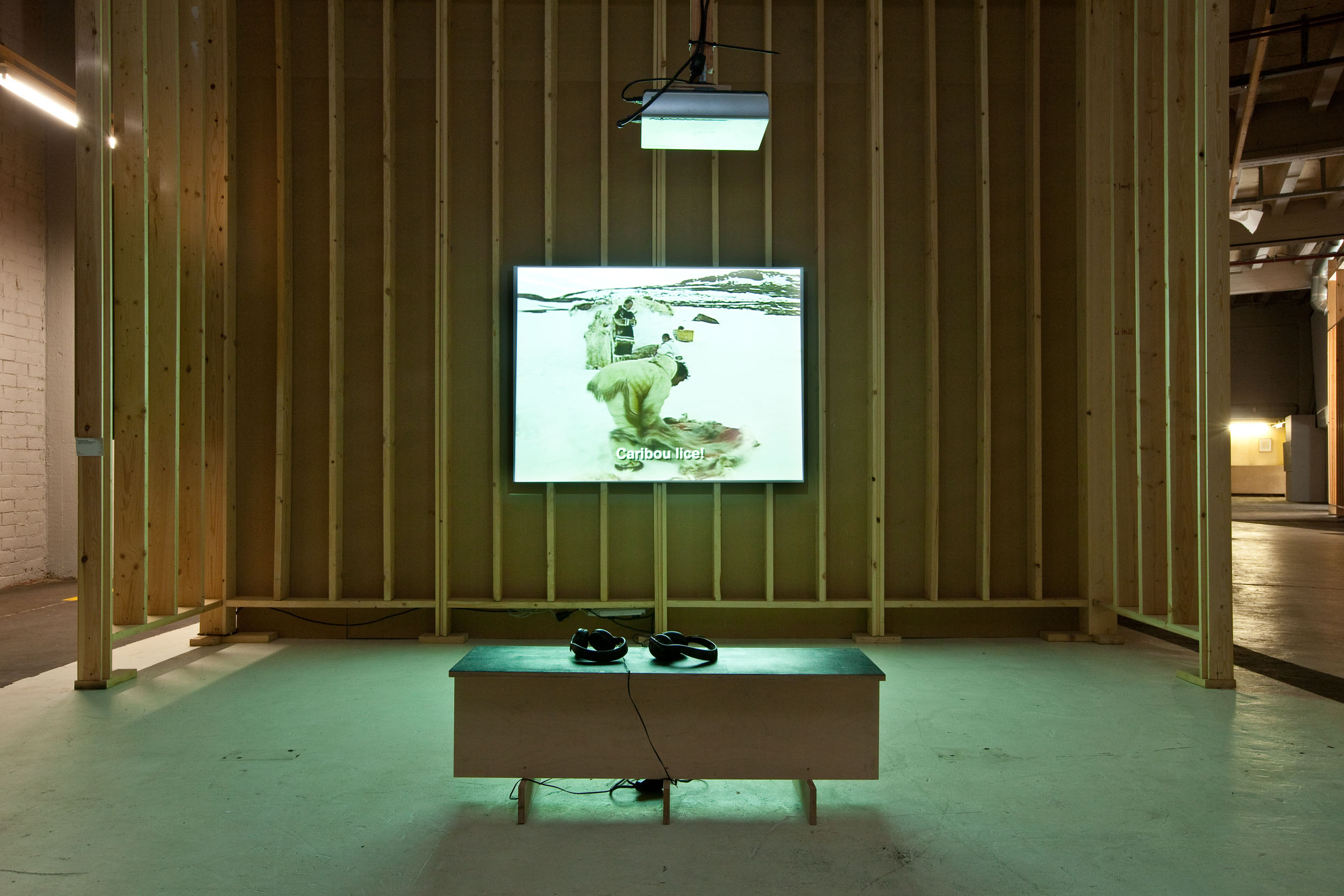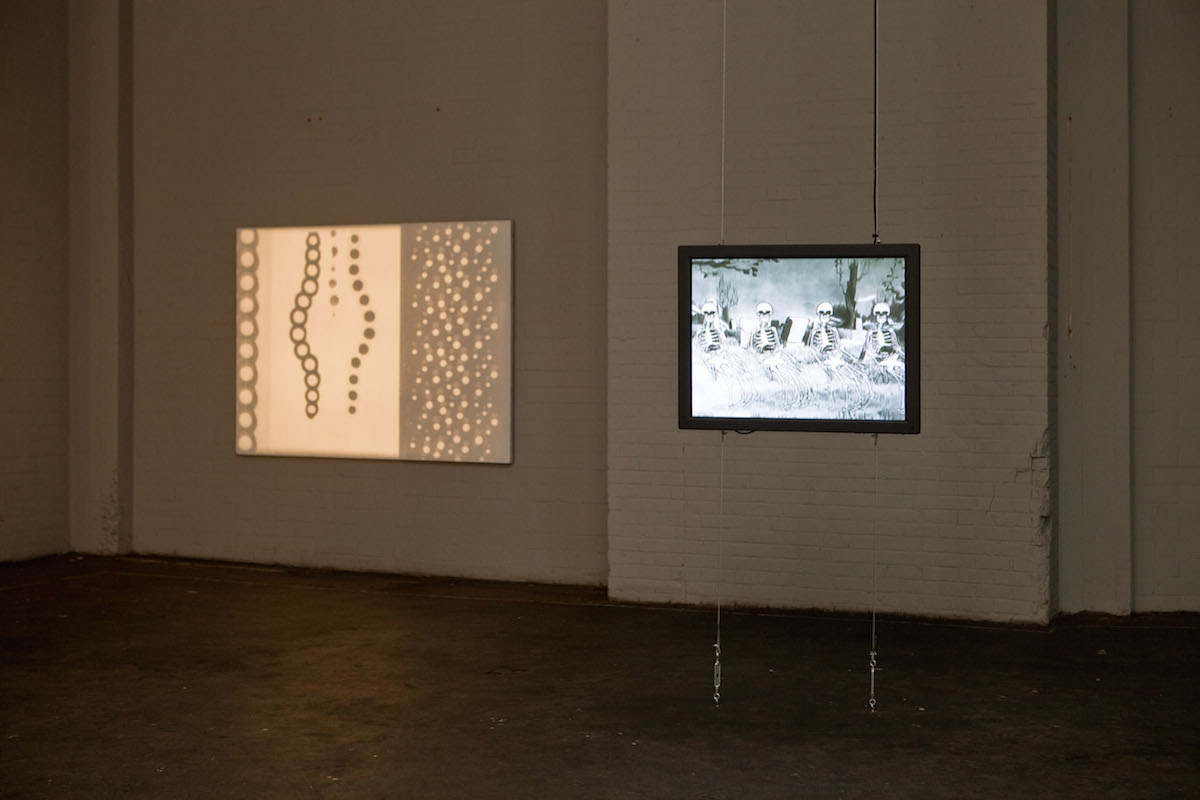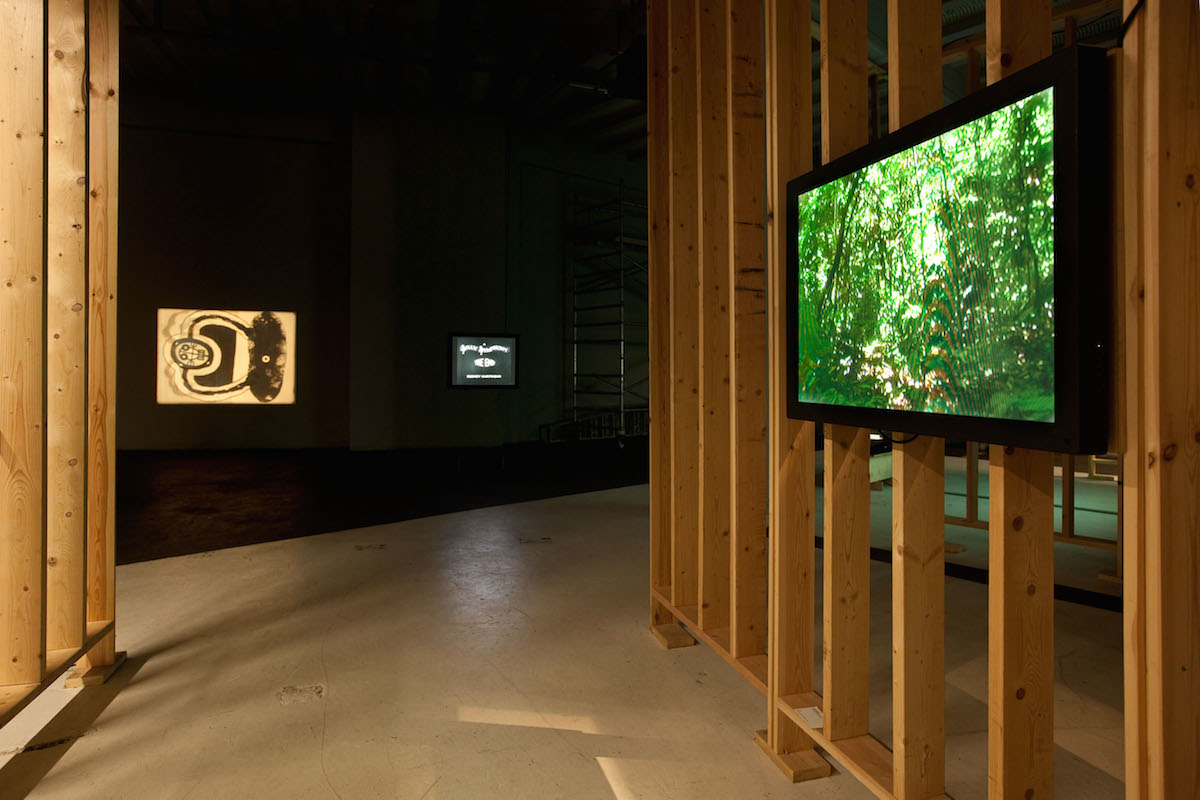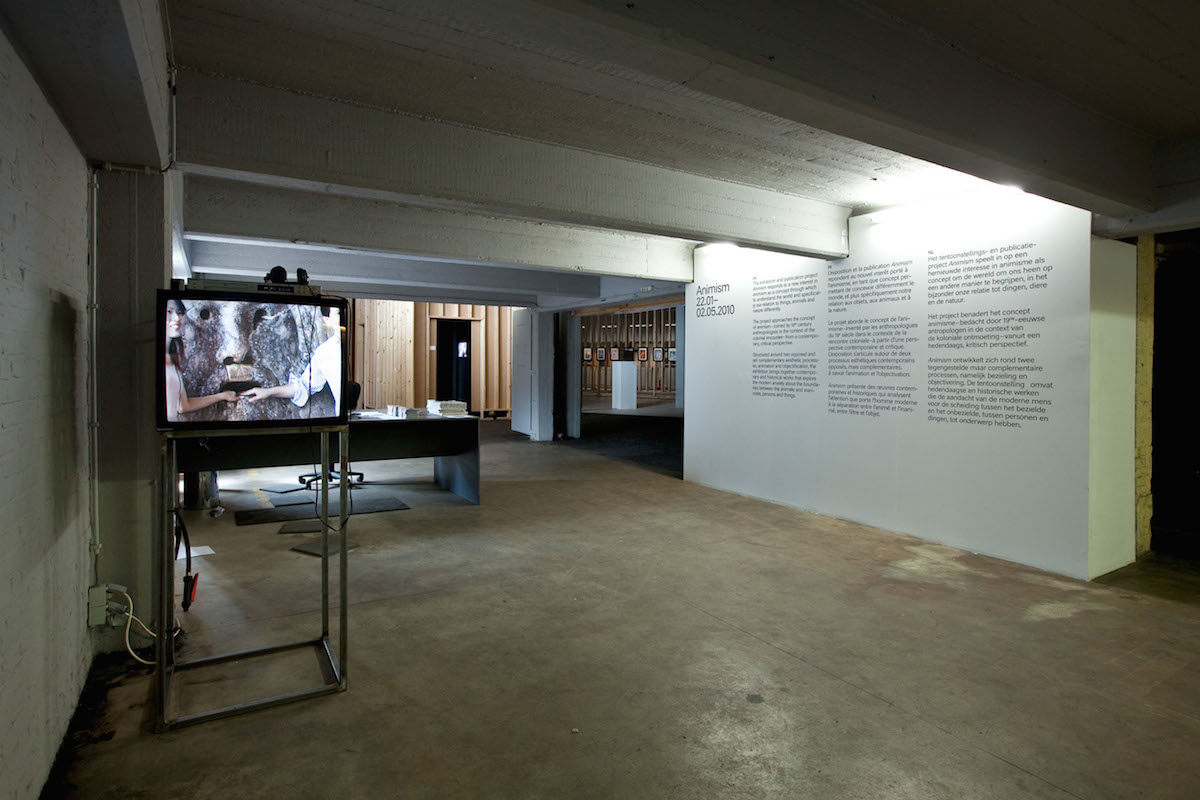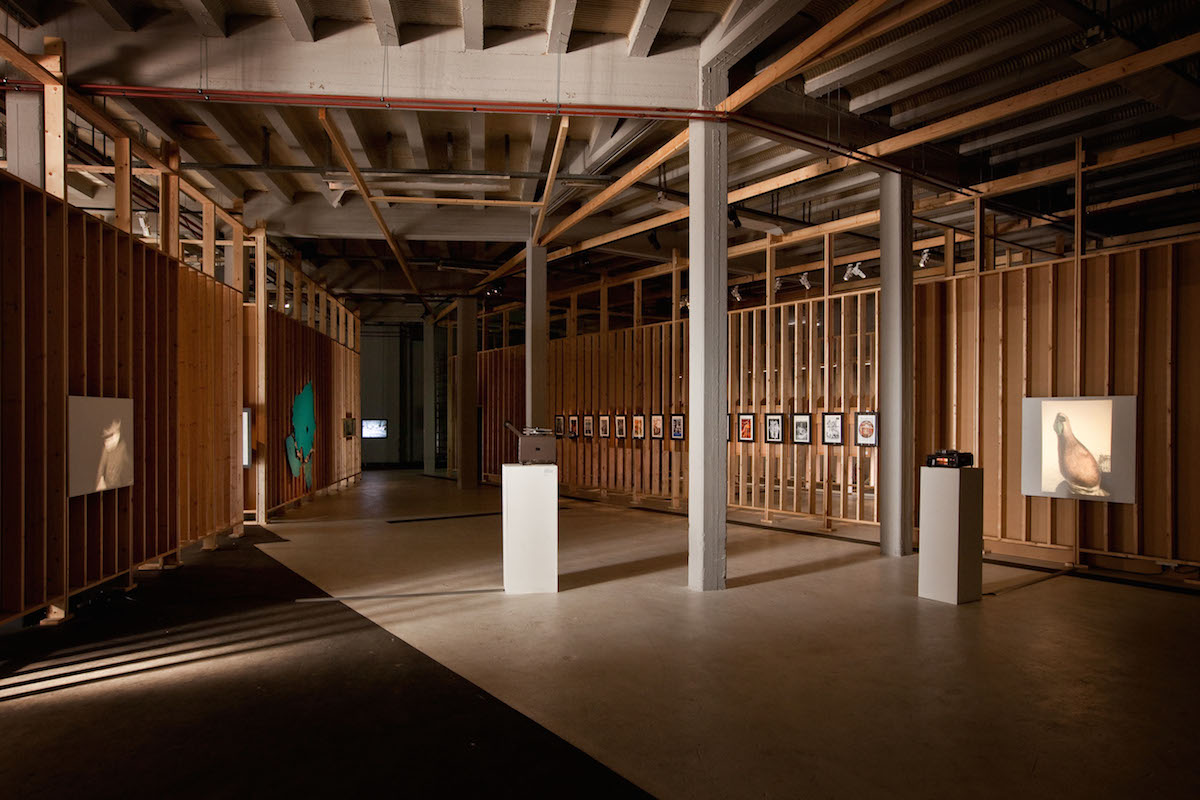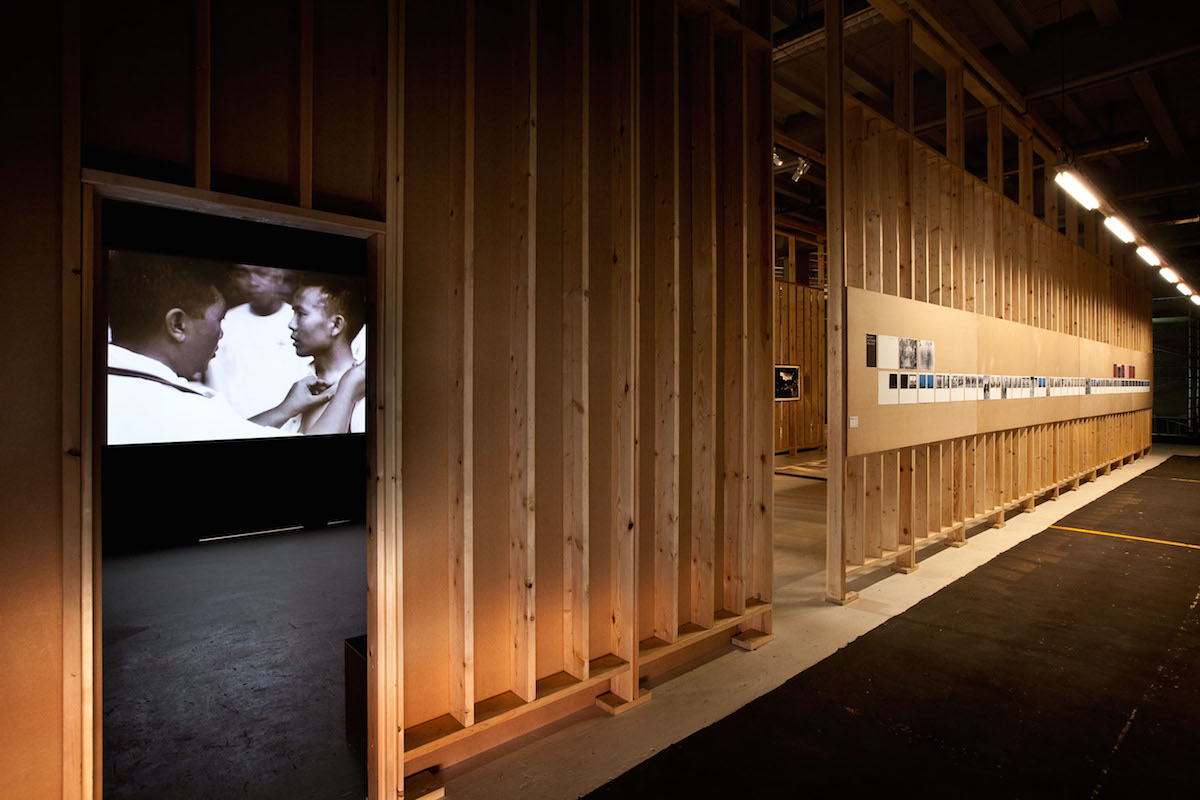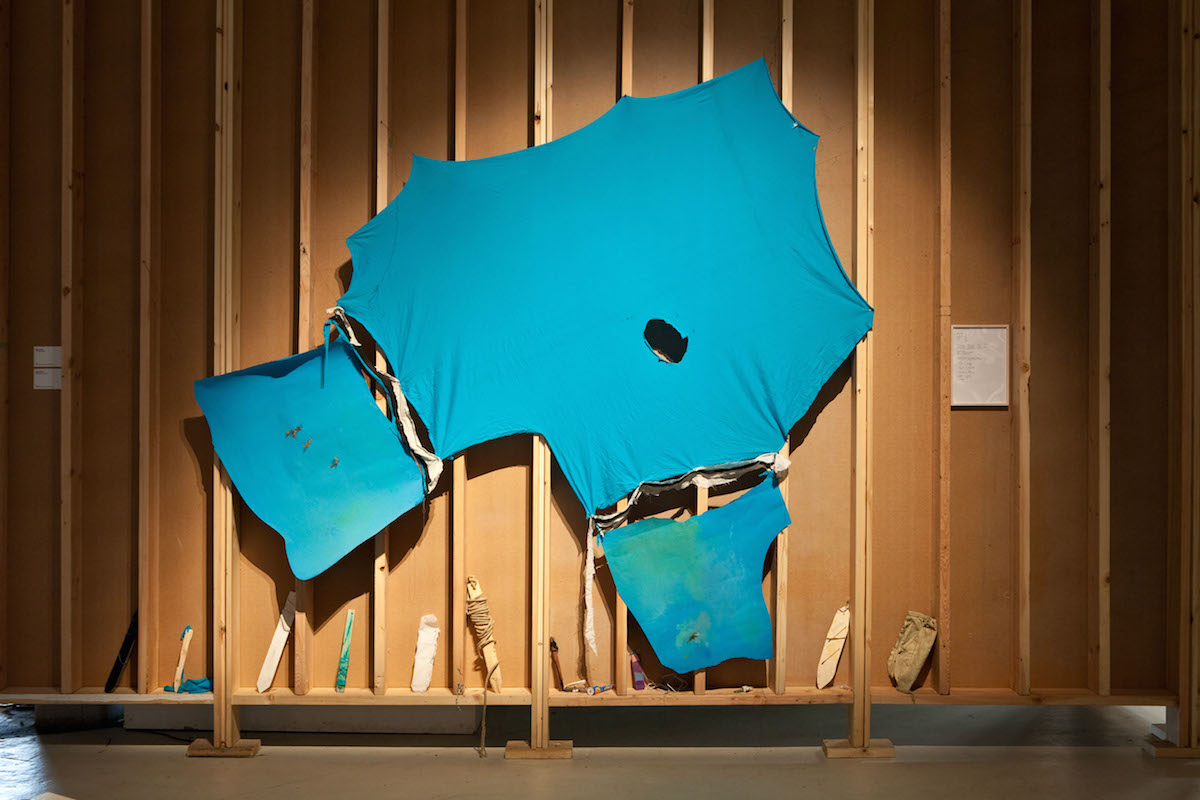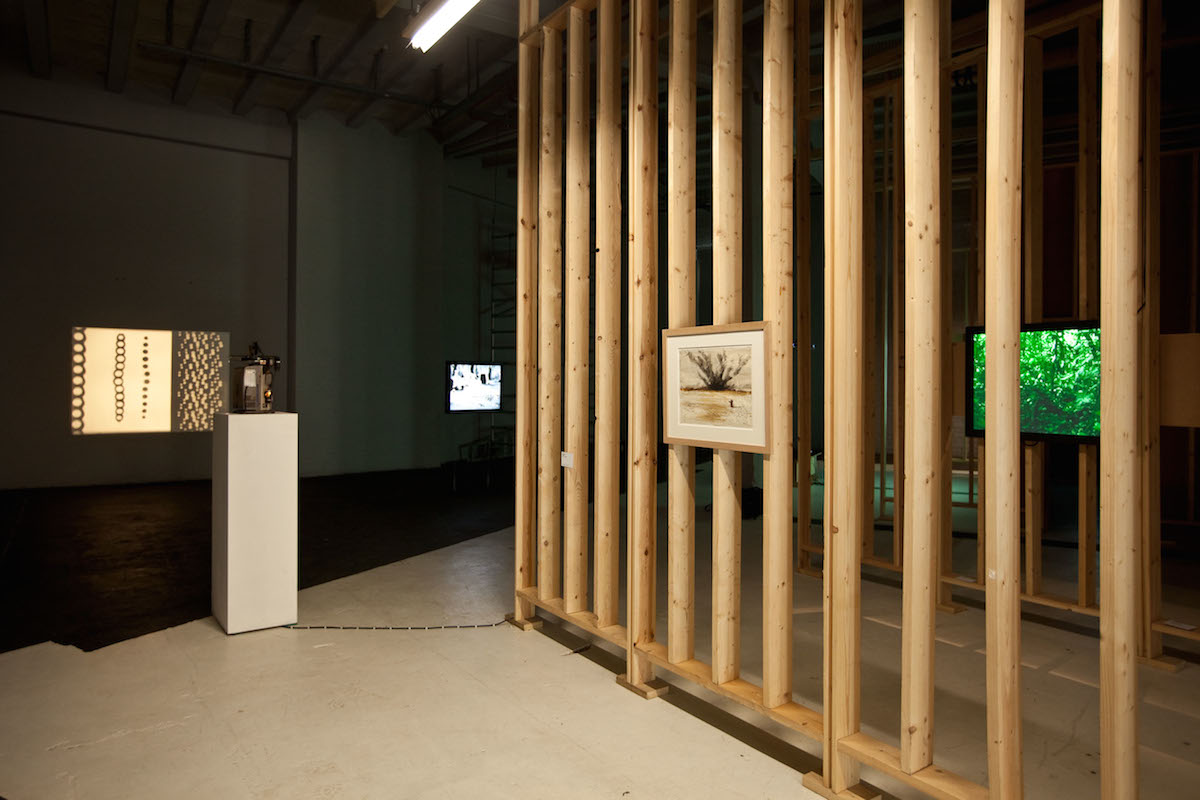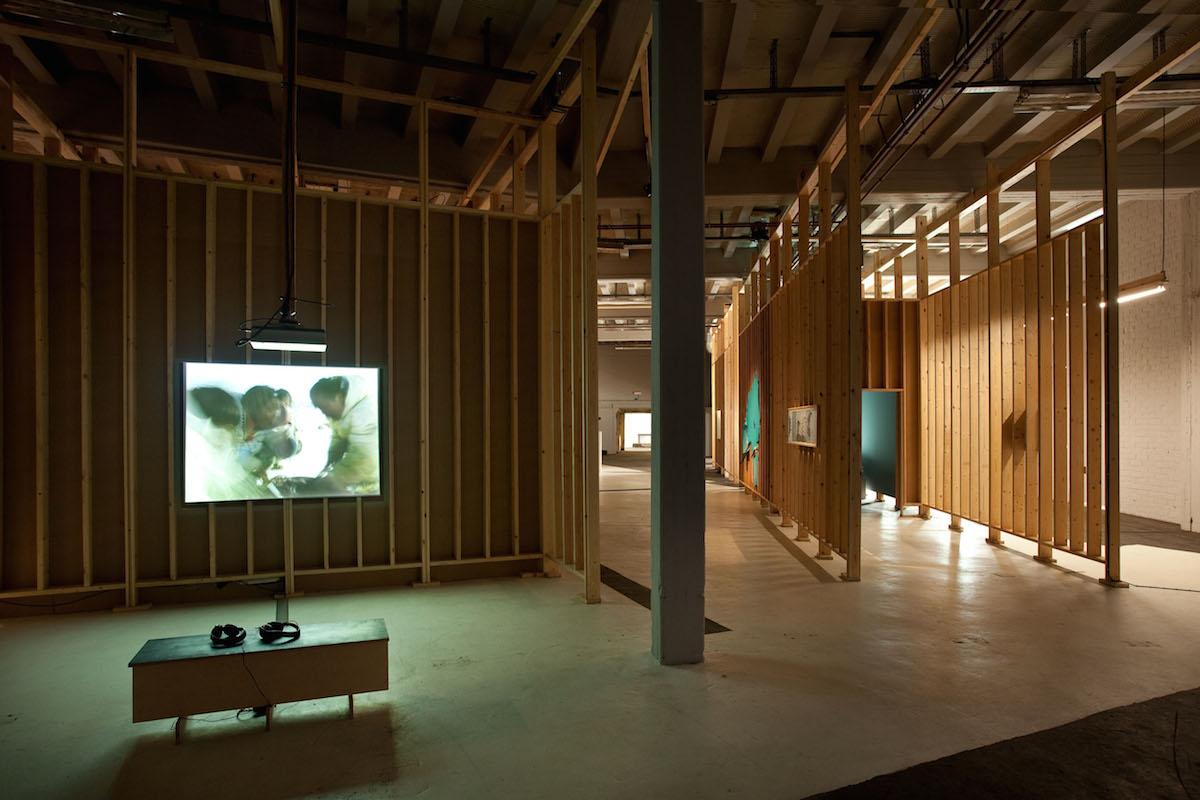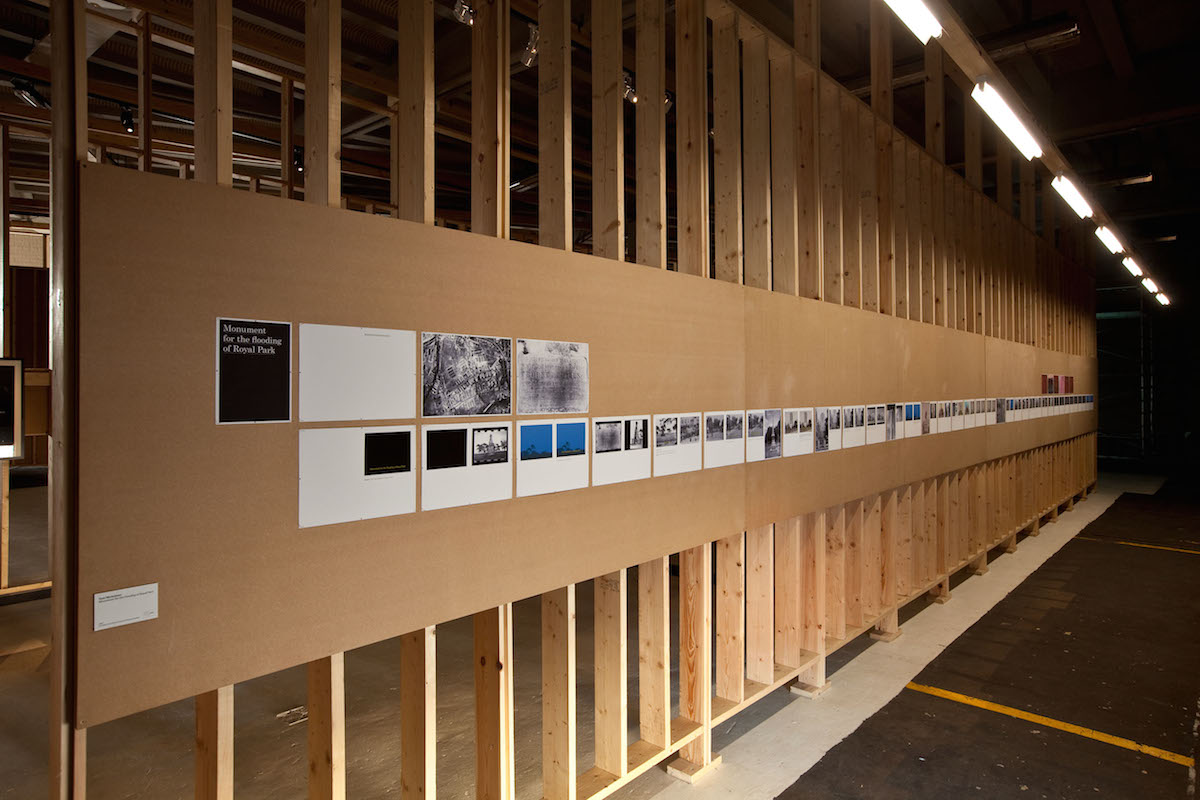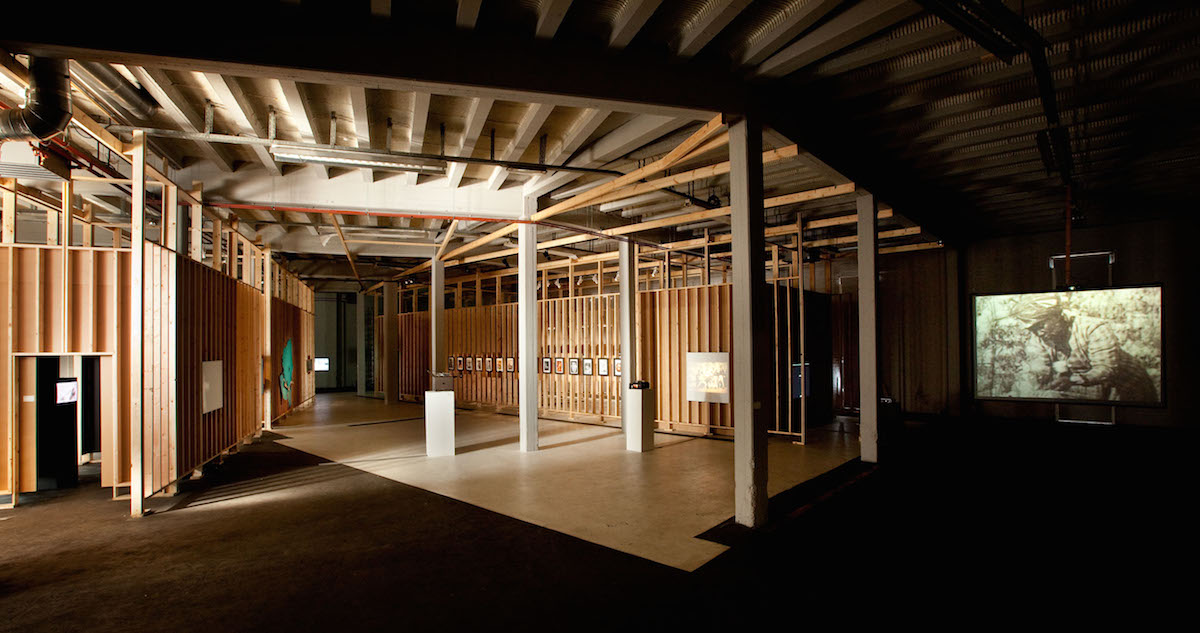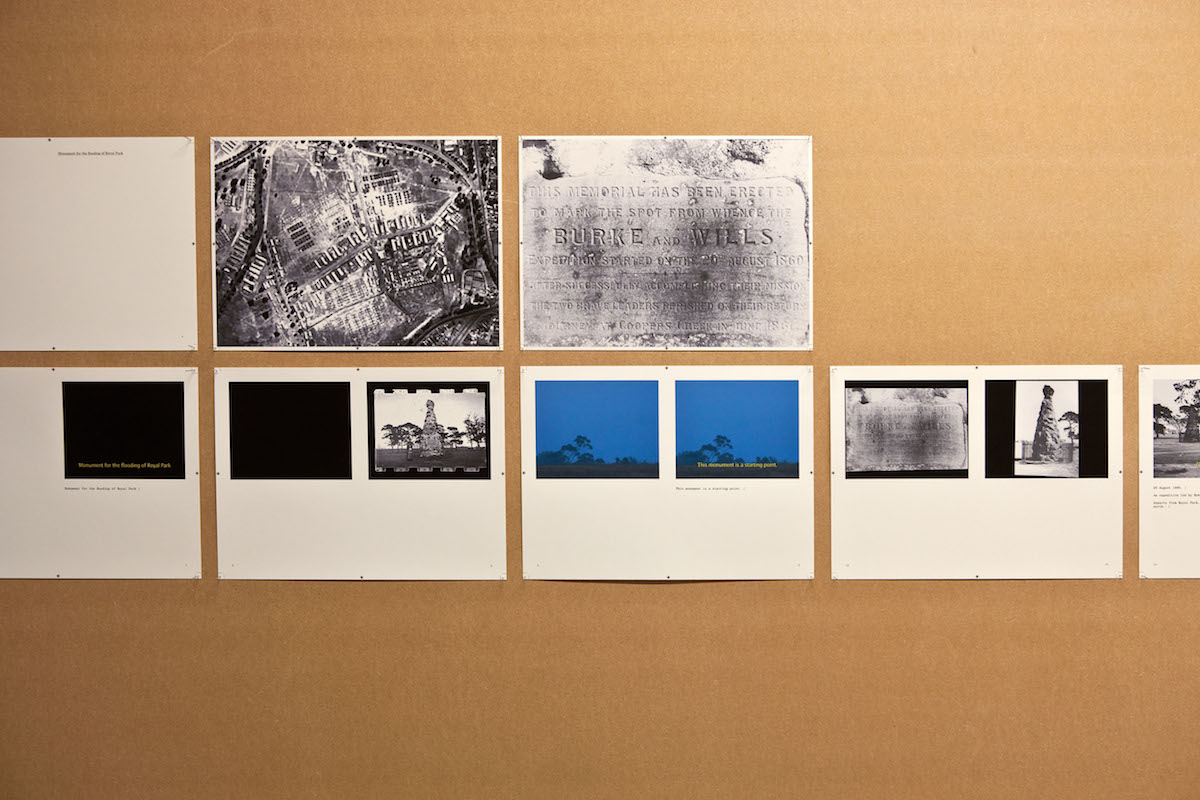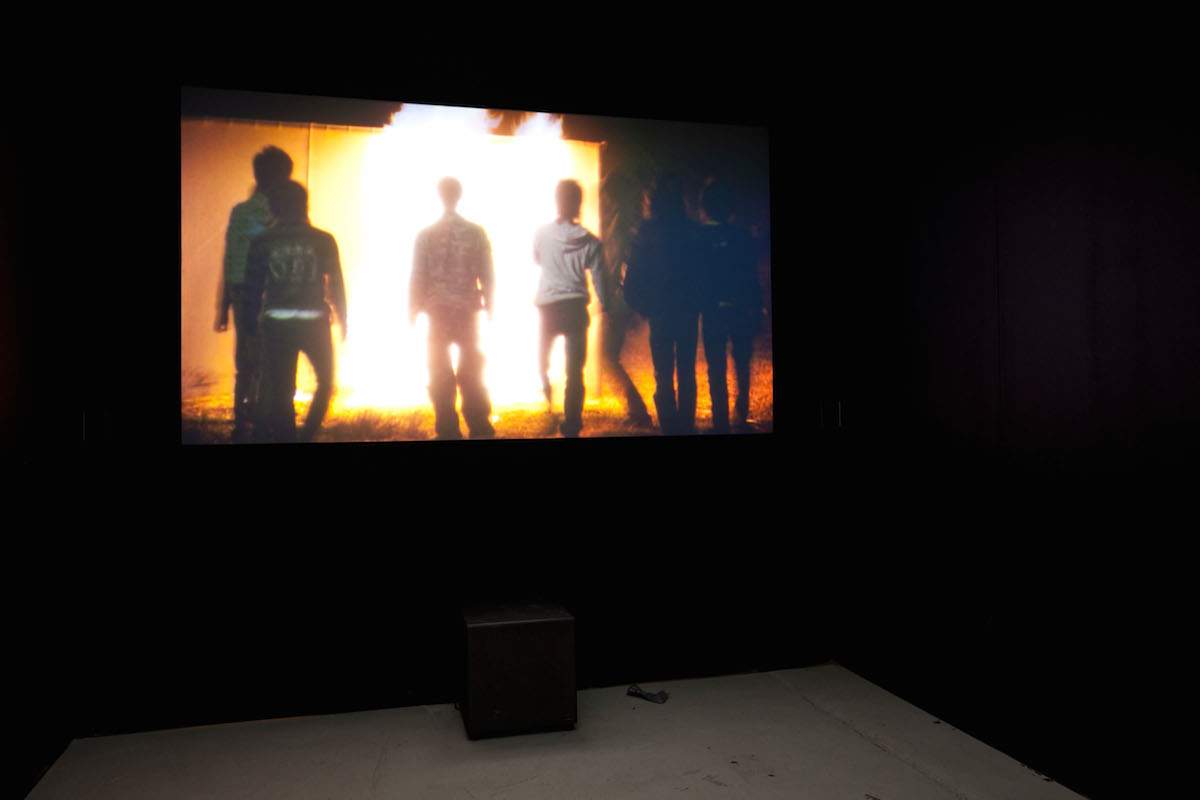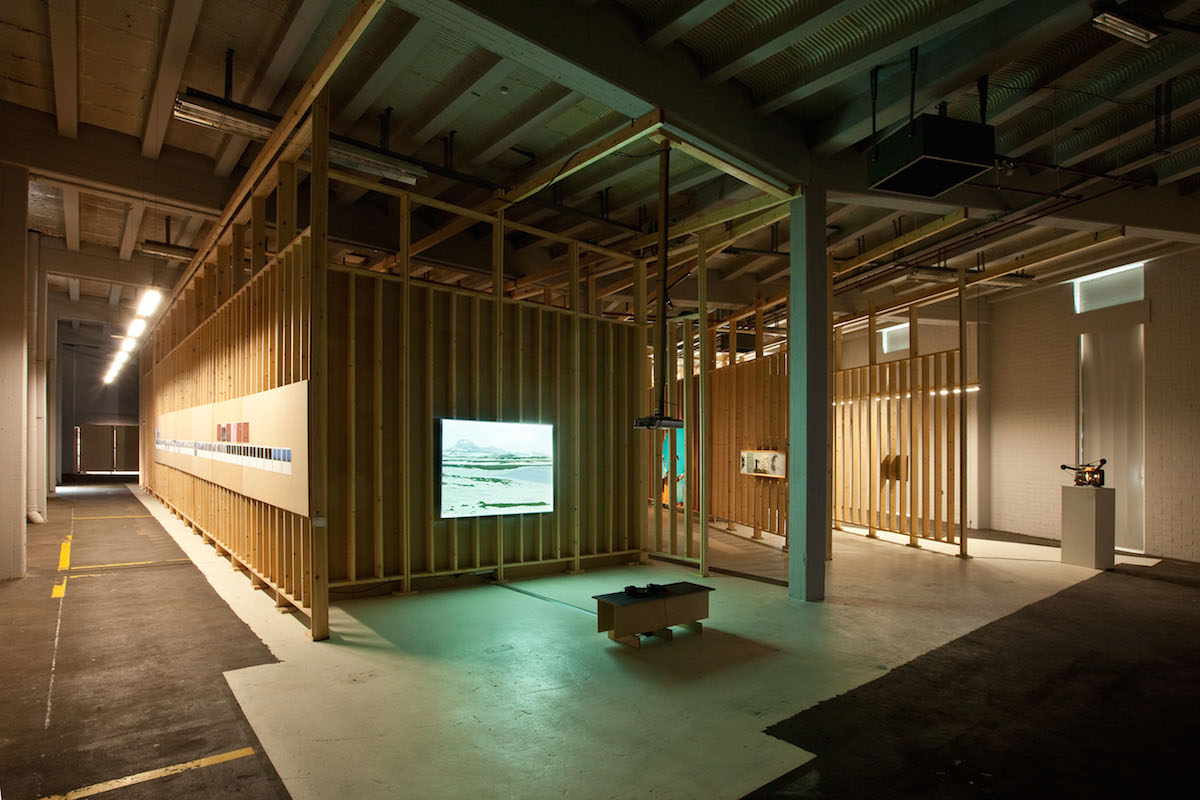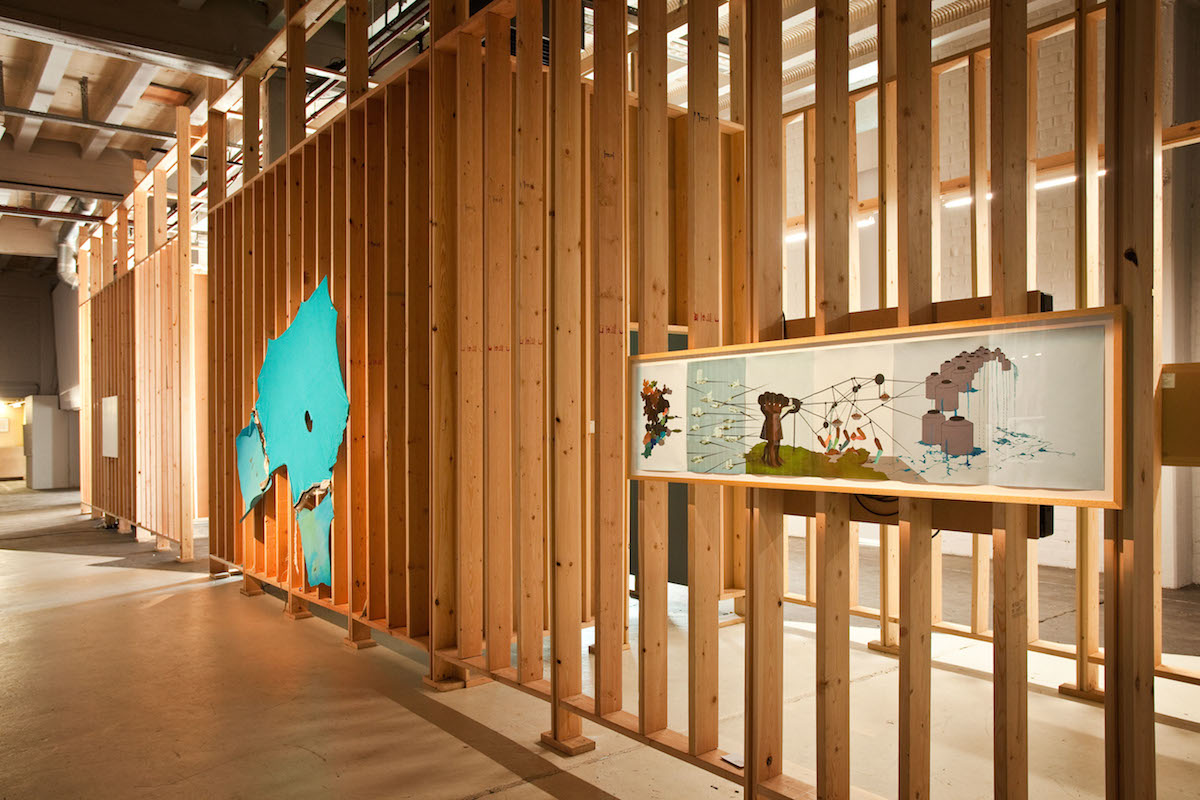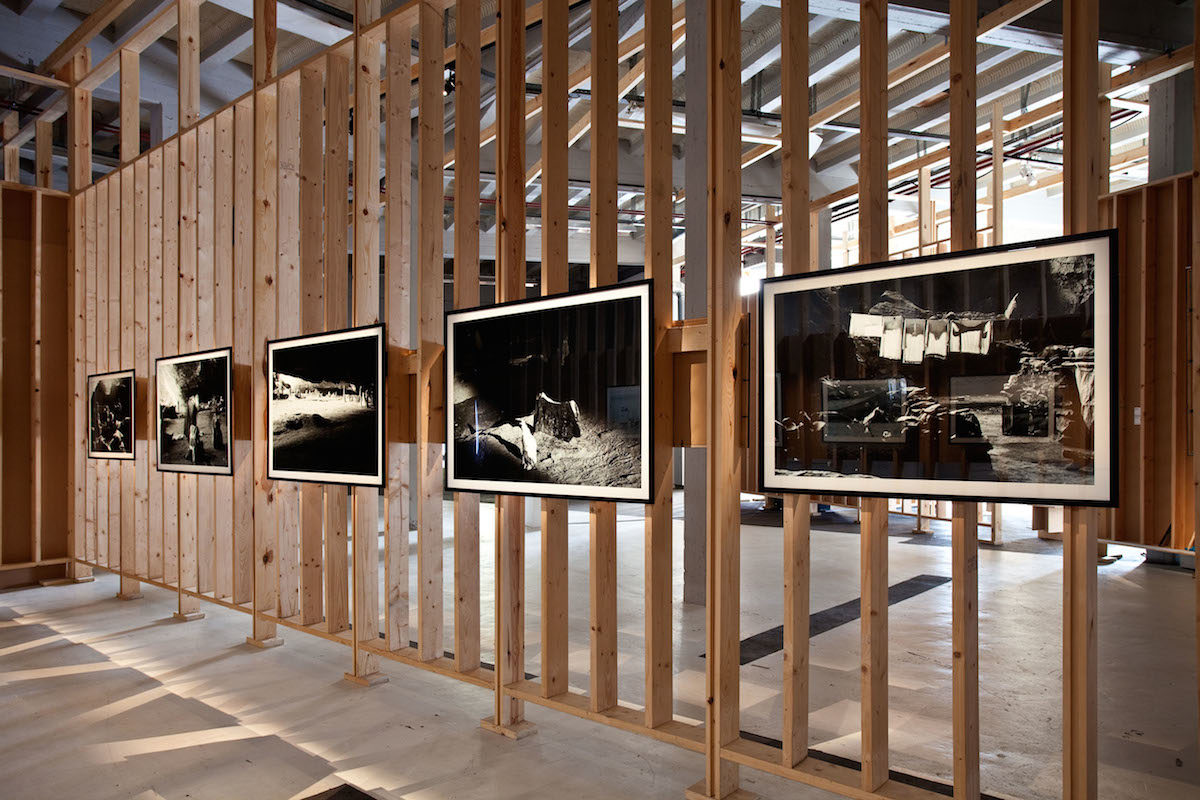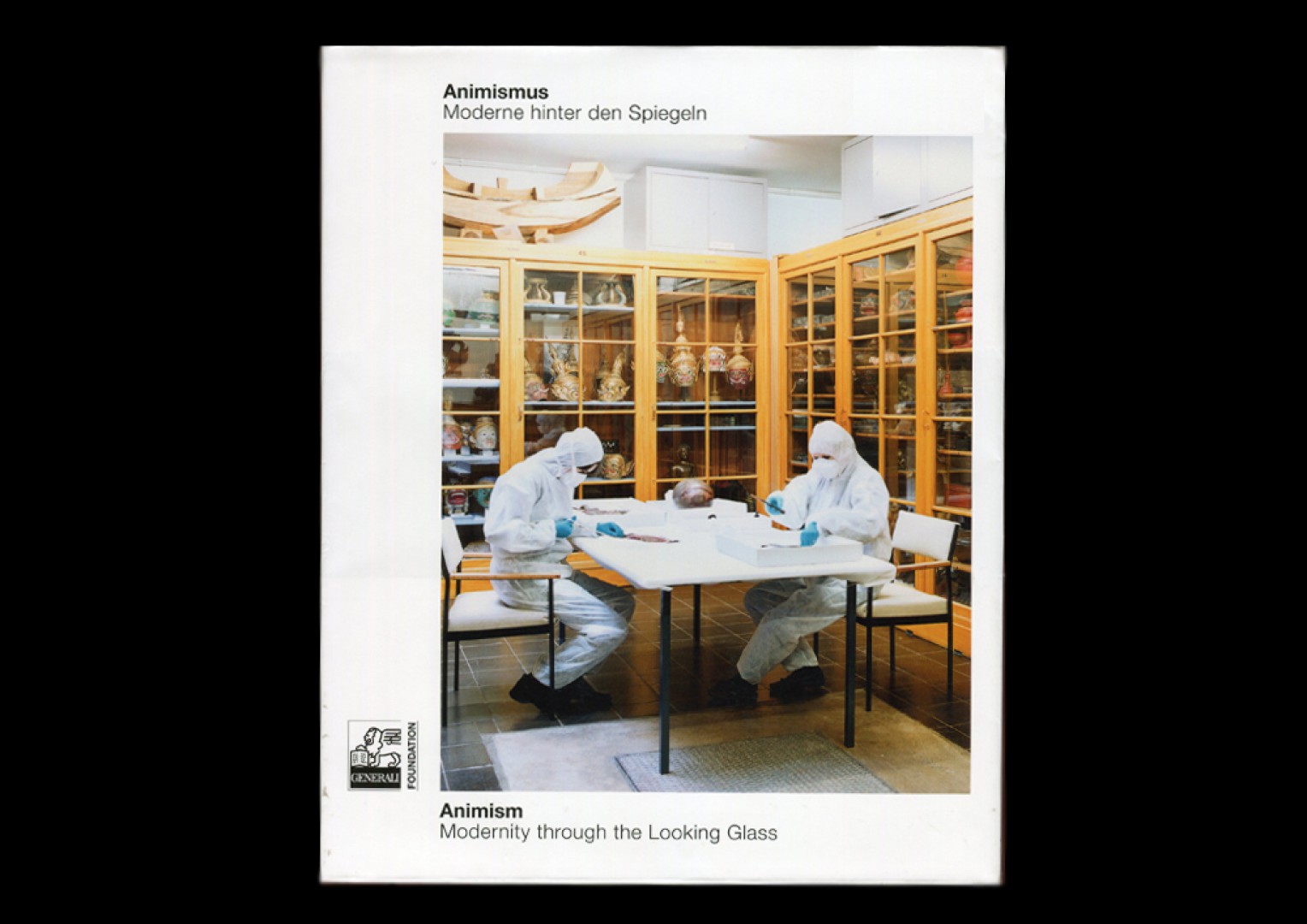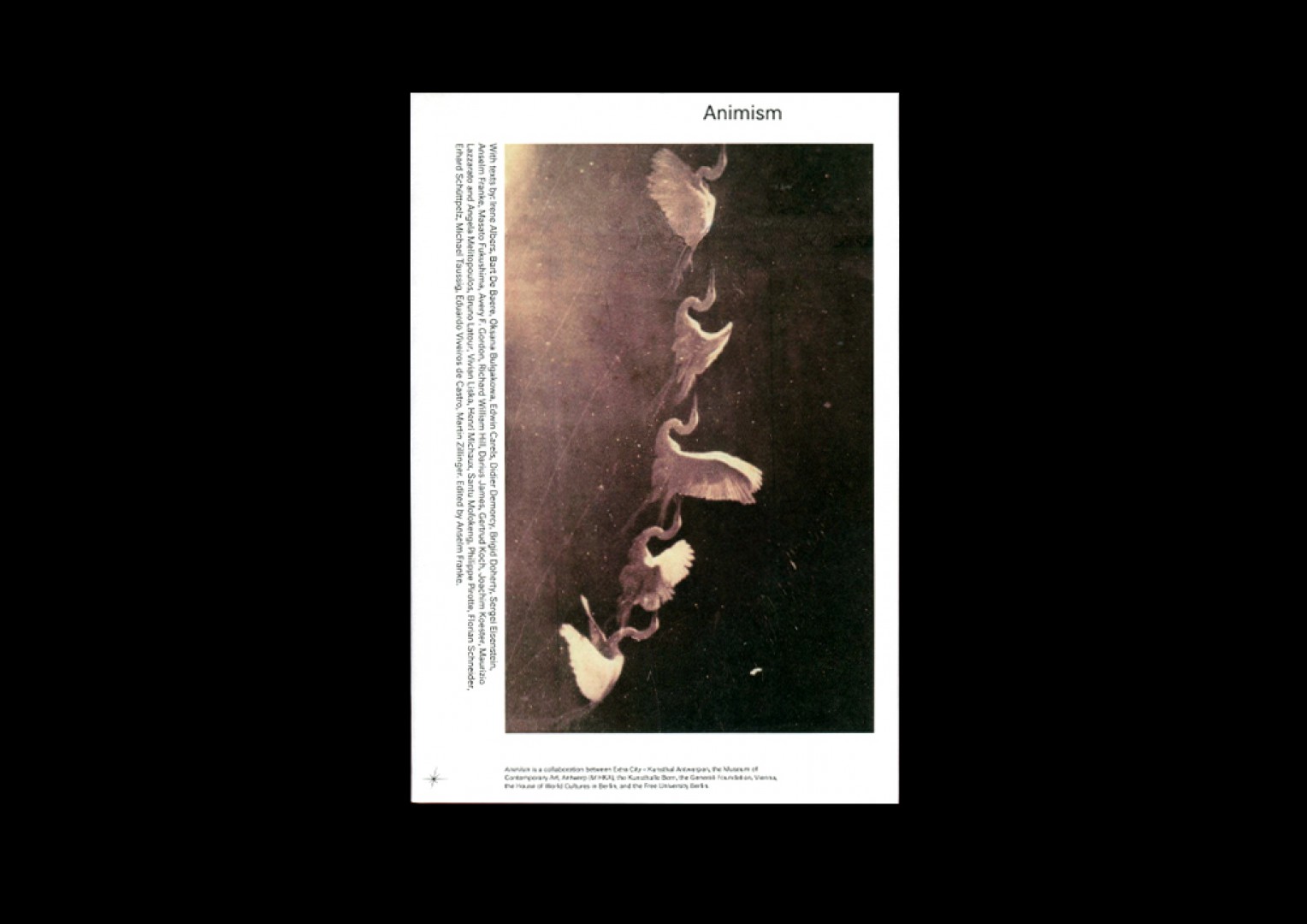Curated by Anselm Franke
Participating artists Agency, Art & Language, Christian W. Braune & Otto Fischer, Marcel Broodthaers, Paul Chan, Tony Conrad, Didier Demorcy, Walt Disney, Lili Dujourie, Jimmie Durham, Eric Duvivier, Harun Farocki, León Ferrari, Christopher Glembotzky, Victor Grippo, Brion Gysin, Luis Jacob, Ken Jacobs, Darius James, Joachim Koester, Zacharias Kunuk, Louise Lawler, Len Lye, Étienne-Jules Marey, Daria Martin, Angela Melitopoulos & Maurizio Lazzarato, Wesley Meuris, Henri Michaux, Santu Mofokeng, Vincent Monnikendam, Tom Nicholson, Otobong Nkanga, Reto Pulfer, Félix-Louis Regnault, Józef Robakowski, Natascha Sadr Haghighian, Paul Sharits, Yutaka Sone, Jan Švankmajer, David G. Tretiakoff, Rosemarie Trockel, Anne-Mie Van Kerckhoven, Dziga Vertov, Klaus Weber, Apichatpong Weerasethakul
Animism is a long-term exhibition and publication project first presented between 22 January and 2 May 2010 in Antwerp in a collaboration of Extra City Kunsthal Antwerpen and the Museum of Contemporary Art (M HKA). A second version of the exhibition will be shown at Kunsthalle Bern from May till July 2010. Subsequent versions will be developed at the Generali Foundation in Vienna and the House of World Cultures in Berlin in 2011 and 2012, respectively.
The project approaches the concept of animism – coined by 19th century anthropologists in the context of the colonial encounter – from a contemporary perspective. It addresses the current increase in interest in animism, which stems from a widespread re-visioning of modernity, by a reflection on aesthetic processes seen through the prism of an exhibition.
The normative modern understanding of the concept holds animism to be a pre-modern social and psychological mechanism by means of which nature and things were erroneously endowed with souls and agency. This project seeks to move beyond those mistaken but sedimented commonplaces that have narrowed the understanding of animism to a matter of belief and psychology and instead raise questions about the collective practices of humans and non-humans and the qualitative relations that they produce. The term is employed like a mirror in an investigation of modern cosmography, reversing its underlying assumptions, and in particular, the way in which modernity conceived of the boundary between life and non-life.
Historically, this separation between the animate and inanimate gave rise to dichotomies characteristic of modernity, such as the opposition between nature and culture, the subjective and objective world, and the relation between fiction and reality so notorious to the arts. As these distinctions are challenged and transformed on a massive scale, fuelled by changing global political geographies, ecological crisis, technologies and forms of power, the exhibition seeks new forms of engagement with history and reality.
Animism has evolved around two opposed and yet complementary processes: animation and objectification. The exhibition meditates on the paradoxical status of objectification in modernity, its relation to conservation, mummification, and simultaneous re-animation and mobilization, and the forms of power relations it gives rise to. It puts the modern imaginary of inanimate matter and reification under critical scrutiny, and questions the economies of ‘transgression’ that have long informed modern aesthetics of enchantment and disenchantment.
By placing selected historical references next to contemporary work, Animism brings together works that reflect and negotiate the boundary between the subjective and the objective. Across the registers of technological media, moving images, depictions of life and embodiment, the exhibition questions the mimetic processes of modern aesthetics as ways to negotiate and, often paradoxically, confirm and maintain the imaginary oppositions of modernity.
The publication Animism (Volume I) brings together theoretical and artistic reflections on the history and contemporary relevance of animism. The publication draws on work from a wide range of disciplines – ranging from anthropology to art and media history – aiming at creating a constellation of perspectives, including the latest anthropological discussions and artistic debates, through which the question of aesthetic animation can be posed in novel, challenging ways.
With works by:
Agency, Art & Language, Christian W. Braune & Otto Fischer, Marcel Broodthaers, Paul Chan, Tony Conrad, Didier Demorcy, Walt Disney, Lili Dujourie, Jimmie Durham, Eric Duvivier, Harun Farocki, León Ferrari, Christopher Glembotzky, Victor Grippo, Brion Gysin, Luis Jacob, Ken Jacobs, Darius James, Joachim Koester, Zacharias Kunuk, Louise Lawler, Len Lye, Étienne-Jules Marey, Daria Martin, Angela Melitopoulos & Maurizio Lazzarato, Wesley Meuris, Henri Michaux, Santu Mofokeng, Vincent Monnikendam, Tom Nicholson, Otobong Nkanga, Reto Pulfer, Félix-Louis Regnault, Józef Robakowski, Natascha Sadr Haghighian, Paul Sharits, Yutaka Sone, Jan Švankmajer, David G. Tretiakoff, Rosemarie Trockel, Anne-Mie Van Kerckhoven, Dziga Vertov, Klaus Weber, Apichatpong Weerasethakul.
Contributors to the publication:
Agency, Irene Albers, Oksana Bulgakowa, Edwin Carels, Bart De Baere, Didier Demorcy, Brigid Doherty, Sergei Eisenstein, Anselm Franke, Masato Fukushima, Avery F. Gordon, Richard William Hill, Darius James, Gertrud Koch, Joachim Koester, Bruno Latour, Maurizio Lazzarato and Angela Melitopoulos, Vivian Liska, Henri Michaux, Santu Mofokeng, Philippe Pirotte, Florian Schneider, Erhard Schüttpelz, Michael Taussig, Eduardo Viveiros de Castro, Martin Dillinger
Animism is a collaboration between Extra City Kunsthal Antwerpen and the Museum of Contemporary Art Antwerp (M HKA) and in cooperation with the Kunsthalle Bern, the Generali Foundation Vienna, the Haus der Kulturen der Welt Berlin and the Freie University Berlin.
Concept: Anselm Franke
Curated by: Antwerp: Anselm Franke (Director Extra City Antwerp), Edwin Carels (Researcher KASK/HoGent), Bart De Baere (Director M HKA Antwerp); Bern: Anselm Franke, Philippe Pirotte (Director Kunsthalle Bern); Vienna: Anselm Franke, Sabine Folie (Director Generali Foundation Vienna)
Location Extra City - Antwerpen-Noord, Tulpstraat 79, 2060 Antwerpen
18:00
18:00
Book launch 'Animism Volume I'
Bookpresentation
18:30
15:00
Assembly by Agency
In M HKA
Performance
12:00
19:30



